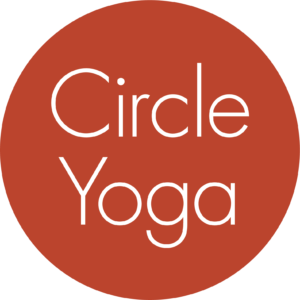September 2010
Dear Friends,
I hope that you had a very relaxing summer! I had the pure joy of visiting the Caribbean, seeing family, and going on retreat with Thich Nhat Hanh. In my last e-news, I wrote about whether or not it’s best to always share our suffering, or if it’s more productive to share only our joys. So it’s funny because this month I have been meditating on perceptions. And perhaps underneath the question about what to share with others is how we interpret our experiences in the light of mindfulness of our perceptions.
Take this example. We went on our first ever full family Caribbean vacation this summer. The six of us (4 nearly-grown children, my husband and myself) flew to San Juan, spent a few days in the old city, and then flew on to the very beautiful island of St. Barths. I was very excited about spending time on sparsely peopled beaches and swimming in the clear blue-green Caribbean sea. We visited a beach on the first day of our visit there, and after a few minutes, some of our crew decided they wanted to go back to our place. Well, I figured we still had a week to spend at the beach, so that wasn’t any problem.
As the days passed, it was quite difficult to get agreement from such a large number of us, and toward the end of the week, we had only been twice to a beach. Unfortunately, my kids started getting various ailments, and the beach time was becoming less and less of a possibility. On our second to last day on the island, I was determined to go to the beach, and had planned my early morning departure. One of my daughters was sick and wanted me to sit with her on the sofa. I was disappointed, but, of course, I stayed with her, and she rested her head on my lap. At that point, my perception of her was of someone who prevented me from getting what I wanted. I had the feeling that our kids were a problem, and I judged them as selfishly trying to ruin our vacation.
Later we discovered that my daughter was actually suffering from Dengue Fever (from a mosquito bite). In that moment of diagnosis, my perception of her changed completely. I became more loving and caring, even though nothing had changed on the outside. Now I wanted to sit on the sofa and rub her head. She was still sick, and I was still unable to go to the beach, but my feelings toward her had completely changed. My negative ideas of her and the other kids had been based on nothing more than my mind’s unskillful thinking. I had taken a few facts (kids sick, on vacation, I like the beach) and created a structure of my own (not good to take kids on vacation, they want to ruin it). And I caused myself real suffering by believing my made-up perceptions. So how much can we ever really rely on our perceptions?
As Thich Nhat Hanh says, “Our creations become real to us and even haunt us.” As our practice deepens, we can become more aware of our perceptions, and not become so attached to them. We can start to see them like the fabrications that they are, rather than the facts that we think they are. So when something difficult happens in my life, I can see how my perceptions contribute to the situation. For example, while I sat and rubbed the head of my 20-year old daughter, I could have chosen to stay stuck in my idea about how I would rather be at the beach. But by practicing awareness of the present moment, I started to truly experience and appreciate what a wonderful and rare opportunity this was for connection with her. Once I did that, I could relax and find the joy and ease in that moment. That then allowed me to share with my friends what a wonderful moment that was with my daughter, rather than how annoying it was that I missed the beach again. This ripples out to everyone I connect with, and we are all that much happier. When we can recognize how random and rapidly changing our perceptions are, it helps us to put less value on them, and to choose instead to keep coming back to the beauty and richness of each moment.
So I am practicing asking myself questions like, “Are you sure?” to see how much I am getting caught in my perceptions. I also try to remember how I felt about someone or something in the past, and ask myself whether they have changed, or whether only my perception of them has changed. We may never be sure whether we are seeing clearly or not, but for me, the proof is when I feel happier and more content with the moments in my life. I bought a calligraphy while on retreat that helps remind me of this practice. I have it hung in my kitchen. It says, “This is a happy moment.”
May we all have many happy moments today and every day.
with much love,
annie.
